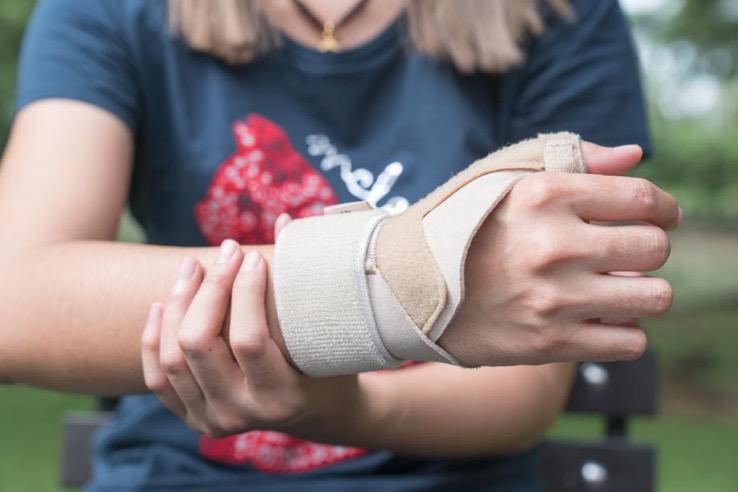7 Things to Know About Suing for Personal Injury

If you're considering suing for personal injury, here are a few things to know before getting started.
Accidental deaths and injuries account for thousands of court cases each year. If you're one of the people that have been hurt or if someone you love has been hurt, you may be thinking about suing for personal injury.
Injury lawsuits aren't uncommon but if you don't know what you're doing, they can be very confusing. We understand and we are here to help you. Continue reading this article and we will talk to you about some key things you need to know before you get started.
1. There Are Many Personal Injury Categories
You've likely seen a lot of advertisements about getting punitive damages and other money from car accidents and slip and fall incidents. The thing it is important to understand is that there are many other types of injuries that you might sue for.
It doesn't matter how you got hurt as much as that it happened and you are owed compensation for it. If you aren't sure if your case warrants a settlement, you might find it helpful to consult with a legal professional.
2. There May Be More Compensation Due Than You Know
When you don't work in personal injury law on a consistent basis, it is likely that you don't know some of the compensation that may be due to you. And if you don't ask for it, the insurance company is not going to tell you about it.
Everything you get, you have to ask for it. Before you sue for personal injury, make sure to do your research and write down any negative changes you've experienced in your life due to the situation in question.
3. Settlement Offers Often Are Unfair
If it is obvious that the insurance company is going to have to pay, they are likely to offer you a settlement that is less than what you deserve. Never trust the insurance companies since their job is to keep more money in their pockets -- not in your pockets.
Many times, the defendant will come to you with a low offer when you're needing money the most. Doctor bills are stacking up and even a small settlement would make a big difference.
While this may be a short-term fix, what happens after the settlement runs out? You're left in a jam with no money and more medical bills than you can handle.
4. Having Legal Counsel Can Help
Are you worried that your settlement offer might be grossly below what you deserve? If that is the case, speaking with an attorney that specializes in personal injury could be a good option for you.
Having an attorney on your side gets the defendant to pay attention. When they know you have someone that knows the law on your side, they are more likely to deal fairly with you.
If you hire an attorney to work your case, you won't have to figure out your own strategies and they can walk you through each part of the process to get the best results possible.
Worried about paying big attorney fees? If you are worried that you might have to pay upfront, most personal injury attorneys only charge if they win your case for you. And at that point, it is only a percentage of your winnings.
5. No Two Cases Are the Same
If you had a friend that dealt with a personal injury case, you might think that you can figure out what to do with your case due to their knowledge. Even if you were hurt in the same way, there are no two cases that are the same.
You are different, the defendant is different and there are many other factors at play in the situation. We don't recommend you try to take on the insurance companies by yourself but there are people that do it that win their settlement cases, so it isn't impossible.
6. Prepare to Wait
Depending on the complexity of your case, you may have to wait for weeks, months or even years to get your settlement. You should prepare yourself for court dates and settlement conversations.
Making ends meet while you are waiting for your settlement could prove to be difficult but knowing that there is a possibility of a settlement can help you feel better about your situation.
Don't plan on getting your settlement quickly since it can take a long time, but if you do get it quickly -- bonus!
7. Evidence & Expediency Are Important
If you wait a long time to file your case, this could hurt your case. Acting quickly is the best course of action when you want to get a fair settlement. Getting a fair settlement means you have to do your part.
One of the parts you play is producing the necessary evidence to prove that you are due compensation. After your injury, you need to have any photos, medical reports and anything else possible so that you can show how things developed and why it is the defendant's responsibility to pay.
Now You Know About Suing for Personal Injury
Now that you know about suing for personal injury, how are you going to deal with your problem? Are you going to hire an attorney or take the case on by yourself?
Either way, you may still want to learn more so you can be prepared properly. Our site has many articles that can help you learn more about legal issues and more. Browse our site, find your favorite section, drop a bookmark and come back soon to read more.
More to Read:
Previous Posts:










